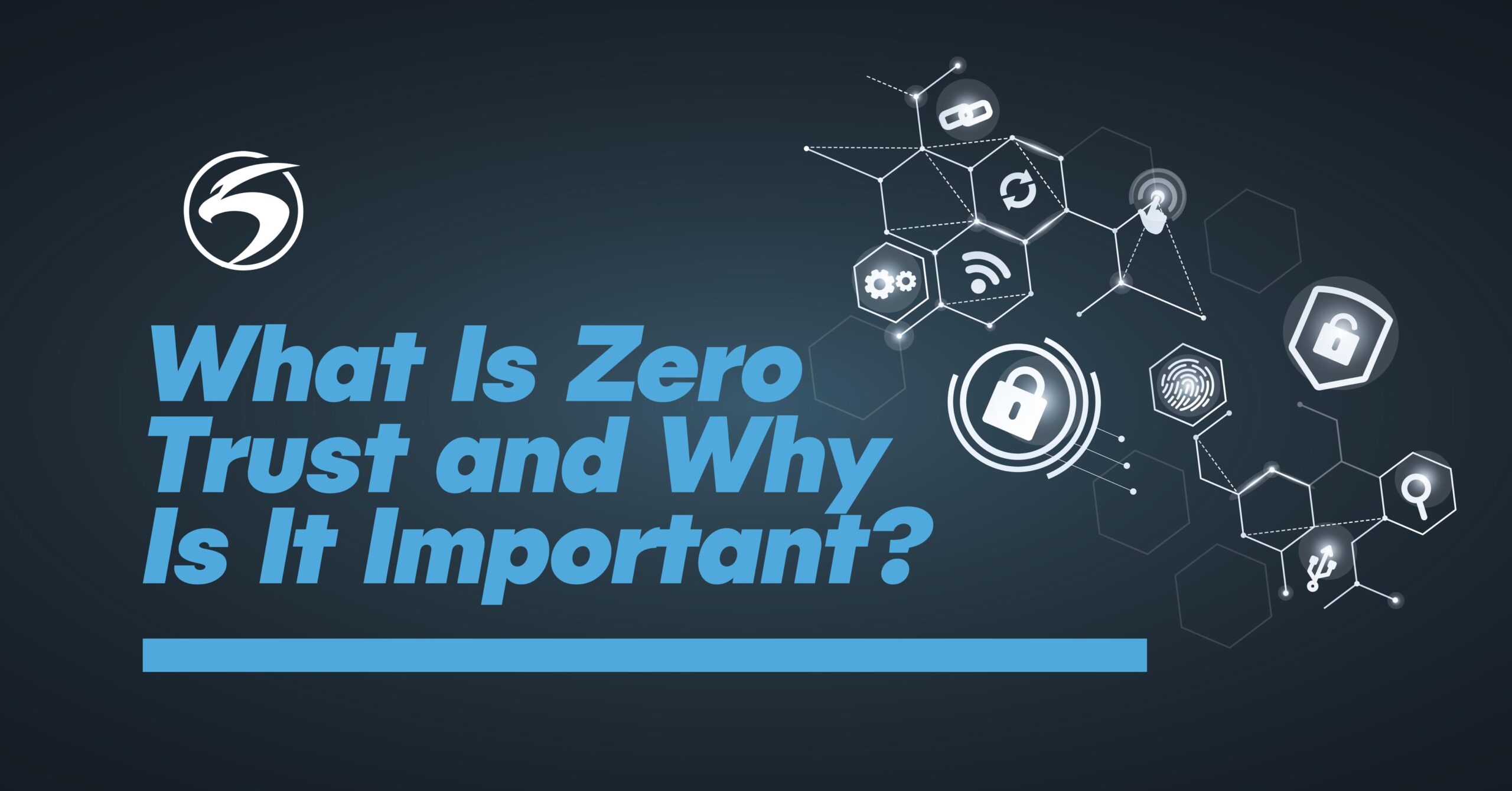
Anne, 53, believed she had found love; until she lost over €800,000 to a scammer posing as Brad Pitt. She’s not alone. Romance scams have stolen billions from victims worldwide, using fake profiles, deepfake videos, and emotional manipulation.
If an online romance seems too perfect, it’s probably a scam.
In this guide, we’ll cover:
✔️ How romance scams work
✔️ Common warning signs
✔️ The role of AI in online scams
✔️ How to protect yourself from fraud
What Are Romance Scams?
Romance scams happen when fraudsters build fake relationships to steal money from victims.
How they work:
1️⃣ They reach out on dating apps or social media with a fake profile.
2️⃣ They gain trust by messaging constantly and declaring love quickly.
3️⃣ They make excuses for why they can’t meet in person.
4️⃣ They ask for money, claiming a medical emergency, visa issue, or investment opportunity.
5️⃣ They disappear, leaving victims heartbroken and broke.
Fact: According to the FBI, romance scams are among the most financially damaging online crimes.
Red Flags of a Romance Scam
- Too Perfect Too Soon – They claim you’re “soulmates” within days or weeks.
- Mysterious Location – They’re always “working abroad” or in a remote area.
- Financial Requests – They ask for money, gift cards, or crypto.
- Secretive Behavior – They avoid video calls and don’t share personal details.
- Fake Photos – Reverse image search their profile pictures—scammers steal photos from the internet.
Source: The Federal Trade Commission (FTC) warns that romance scammers prefer wire transfers, prepaid cards, or cryptocurrency—all methods that are hard to trace.
How AI is Making Scams More Convincing
New technology is making romance scams harder to detect:
Deepfake Videos – Scammers use AI to create fake video calls, making their persona look real.
AI-Generated Messages – Chatbots craft emotional, personalized texts to build trust.
Fake Profile Photos – AI tools generate high-quality, non-traceable profile images.
Cybercrime experts warn that AI-driven scams are growing rapidly, making it even harder to spot fraud.
How to Protect Yourself ?
Verify Their Identity – Use Google Reverse Image Search to check profile photos.
Never Send Money – Legitimate partners will never ask for financial help online.
Be Cautious with Personal Info – Scammers use your details to manipulate you.
Stick to Trusted Dating Sites – Platforms with ID verification offer better protection.
Watch for Love Bombing – If they seem too intense, too fast, take a step back.
Tip: If you suspect a scam, report it to the FTC, FBI IC3, or your local cybercrime unit.
Romance scams prey on trust and emotions, but knowledge is your best defense.
Stay alert, verify online relationships, and never send money to someone you haven’t met in person.
Have you encountered an online scam? Share your experience in the comments!
Further Reading: Gartner’s Latest Insights on Online Fraud


